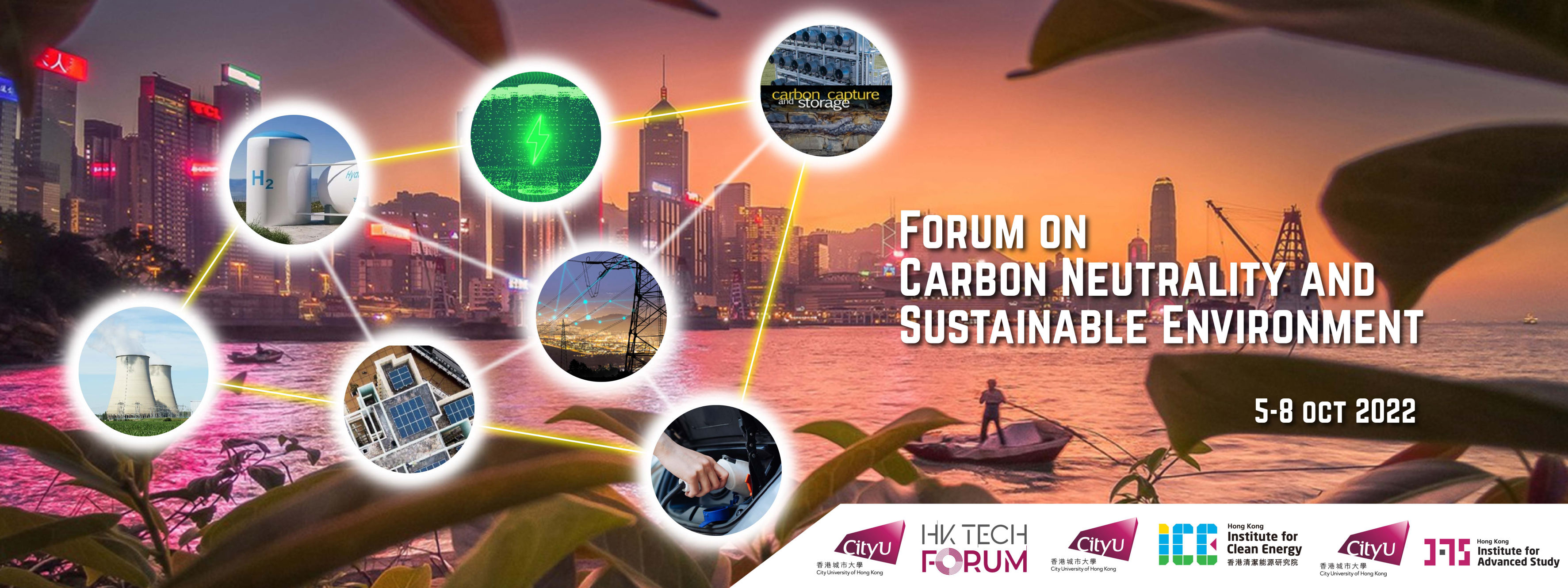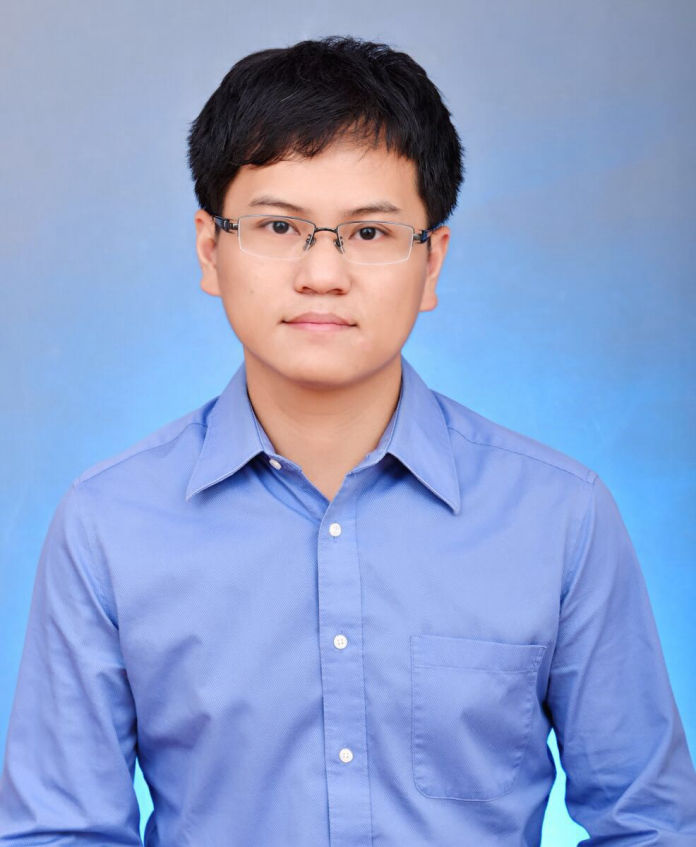Short Talk Speaker
Biography
Dr. Zonglong Zhu obtained his B.S. degree (Chemistry) in 2010 from Nanjing University (China). In 2015, he earned his Ph.D. degree from Hong Kong University of Science and Technology (HKUST). Then he moved to the department of materials science and engineering in University of Washington, Seattle and worked as a postdoctoral fellow. Dr. Zhu joined the City University of Hong Kong as an Assistant Professor in June 2018.
Dr. Zhu has published over 110 SCI papers, including 83 papers with impact factor (IF) > 10, of 20 paper as the first author 39 papers as corresponding author (39). He received over 9000 times citations (google scholar) with H-factor 50 and have 17 papers selected in ESI High Cited papers. Since joining City University of Hong Kong in 2018, he has published 38 SCI papers as the corresponding author, including Science, Nat. Nanotech. , Nat. Commun., Acc. Chem. Res., J. Am. Chem. Soc. Adv. Mater., Angew. Chem. Int . Ed., Joule Adv. Energy Mater., Adv. Funct. Mater.), etc.. He has been selected as the top 2% scientists with the most citations in the world in 2021, and the Nanoscale Emerging Investigator 2022, Mater. Chem. A Journal Emerging Investigator 2021.
Tailing the Interface for Efficient, Stable and Safe-to-Use Inverted Perovskite Solar Cells (PSCs)
Zonglong ZHU
Abstract
Hybrid organic-inorganic halide perovskites are remarkable materials with combined features of hard and soft matters, which show great potential for photovoltaic and optoelectronic applications. In this talk, I will present our recent works on manufacturing high-efficiency, stable and environmentally friendly PSCs using an integrated approach to design and develop novel compositionally engineered stable perovskite absorbers with tailored cations/anions and tailor-made charge transport/extraction layers. To enhance the perovskite absorber stability, functionalized organometallic interfacial materials were developed to create suitable interfaces. Further improvements of PCE and stability can be obtained by using molecular-engineered charge-transporting materials (CTMs) for efficient collection of electrons and holes. Finally, to realize the environmentally friendly PSCs, surface coating and novel encapsulation that can physically or chemically capture the leaked Pb ions from degraded devices will also be integrated into the PSCs.

